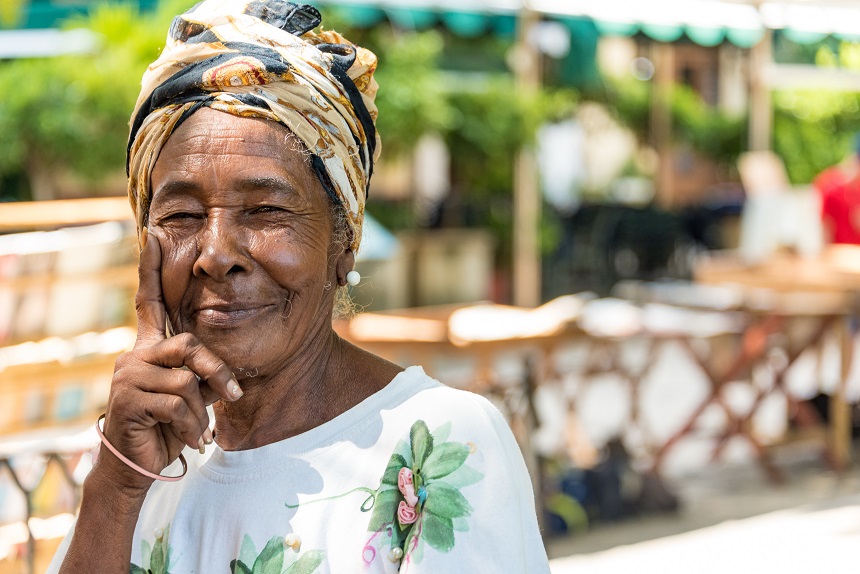‘Knowledge, recognition, gratitude’: Women at the centre of the 20th Fragile Areas Conference

On the occasion of the 20th edition of the Aree Fragili Conference to be held on 28 and 29 March 2025in Rovigo, the Call for Papers dedicated to women and gender perspectives and practices is open (until 31/12/2024), with the title ’Knowledge, recognition, gratitude. Women in fragile rural areas ”.
The event is organised by the Departments of Philosophy, Sociology, Pedagogy and Applied Psychology (FISSPA) and of Territory and Agro-Forestry Systems (TESAF) of the University of Padua, the Department of Political and Social Sciences of the University of Trieste and the Associazione APS Aree Fragili with the support of the Fondazione Banca Etica.
The conference is open to all types of contributions, both scientific and non-scientific, with a view to entering into an inter- and trans-disciplinary exchange within an atmosphere of dialogue, also informal and without registration fees.
It will be structured in 10 parallel sessions dealing with topics related to the development of inland areas:
- Light economy, patient capital-Soft economy
Women’s access to credit is a crucial element of women’s power or powerlessness in the transformation of the economic organisation of fragile areas.
This panel aims to stimulate planning and reflection on the role of women in the realisation of an economy based on the local needs of individuals and families.
- Migrant Women
This session intends to discuss case studies to investigate the specific condition and paths of women of foreign origin in rural contexts and then evaluate interventions that can respond to their needs with a view to sustainability and inclusiveness.
- Projects and Policies
This section is intended to provide an opportunity to explore the special skills of women in territorial development processes in fragile areas and in entrepreneurial innovation paths.
- Sharing the land
Collective property, shared land and forests, community cooperatives: telling the story from women’s perspectives, both when they participate and when they are excluded.
- Social and spatial mobility
In this session, mobility is understood not only in its aspect of physical movement, but also as a set of actions intertwined with social and cultural norms, thus delving into how mobility practices take and shape different expressions of care that affect people, other living beings and the wider environment.
- Welfare
Starting with an in-depth study of some case studies, the panel aims to learn about the relationship between gender stereotypes and prejudices in care professions, personal services and organisations such as cooperatives, in fragile areas.
- Starting with an in-depth study of some case studies, the panel aims to learn about the relationship between gender stereotypes and prejudices in care professions, personal services and organisations such as cooperatives, in fragile areas.
This session proposes a reflection on the regeneration of natural resources in inland areas from a gender perspective, encouraging the exchange of knowledge and experience between different fields of action and disciplines.
- Material and digital culture
Looking at change from a female perspective, the panel questions how digital can enable new forms of knowledge in an area and community.
- Competent communities, participation and the third space
In this section we want to explore the intersection between participatory processes, community planning and the use of third spaces to foster women’s empowerment, where ‘third space’ refers to the set of places spread throughout the territory that host opportunities for discussion: they are called the ‘places of the possible’.
- Visions, faiths, ideals of the people
This panel focuses on the role of women in fragile rural areas and their contribution in the transmission of religiosity and spirituality from a generational and social perspective.
For more information, please visit the dedicated page:
https://www.areefragili.it/conoscenza-riconoscimento-gratitudine-le-donne-nelle-aree-fragili-2/
